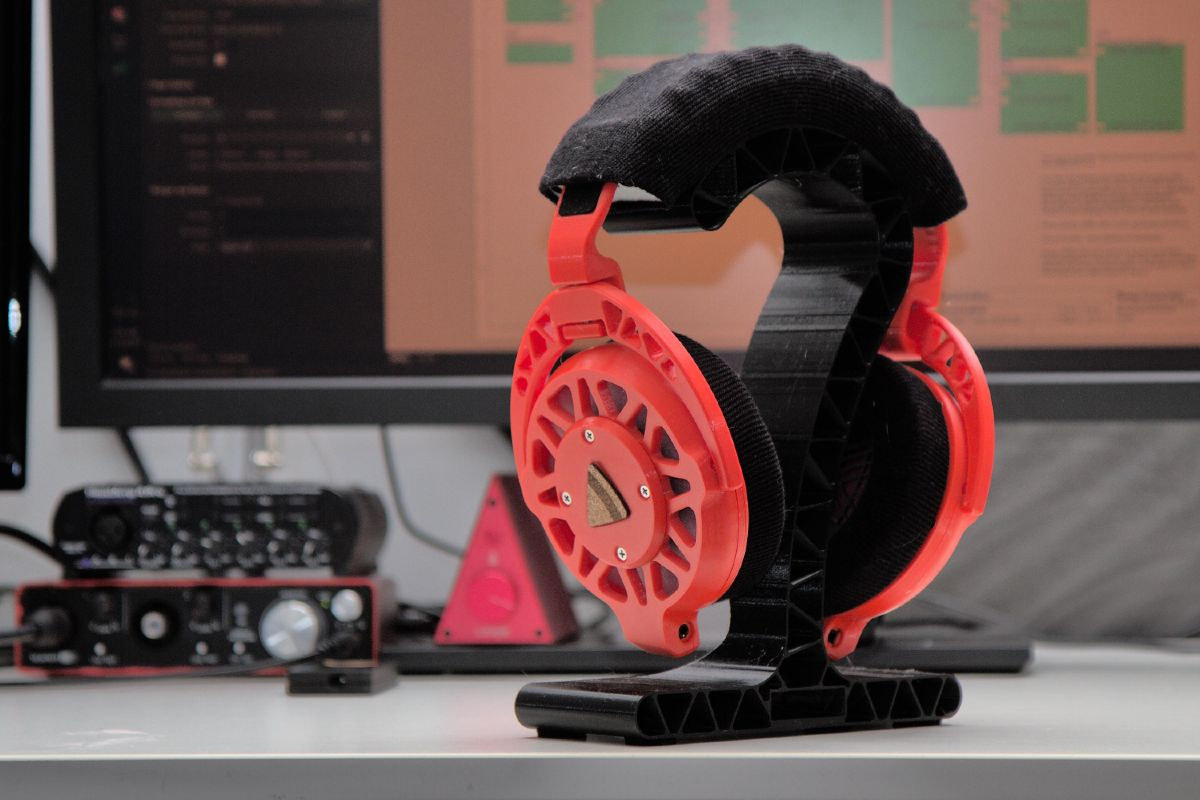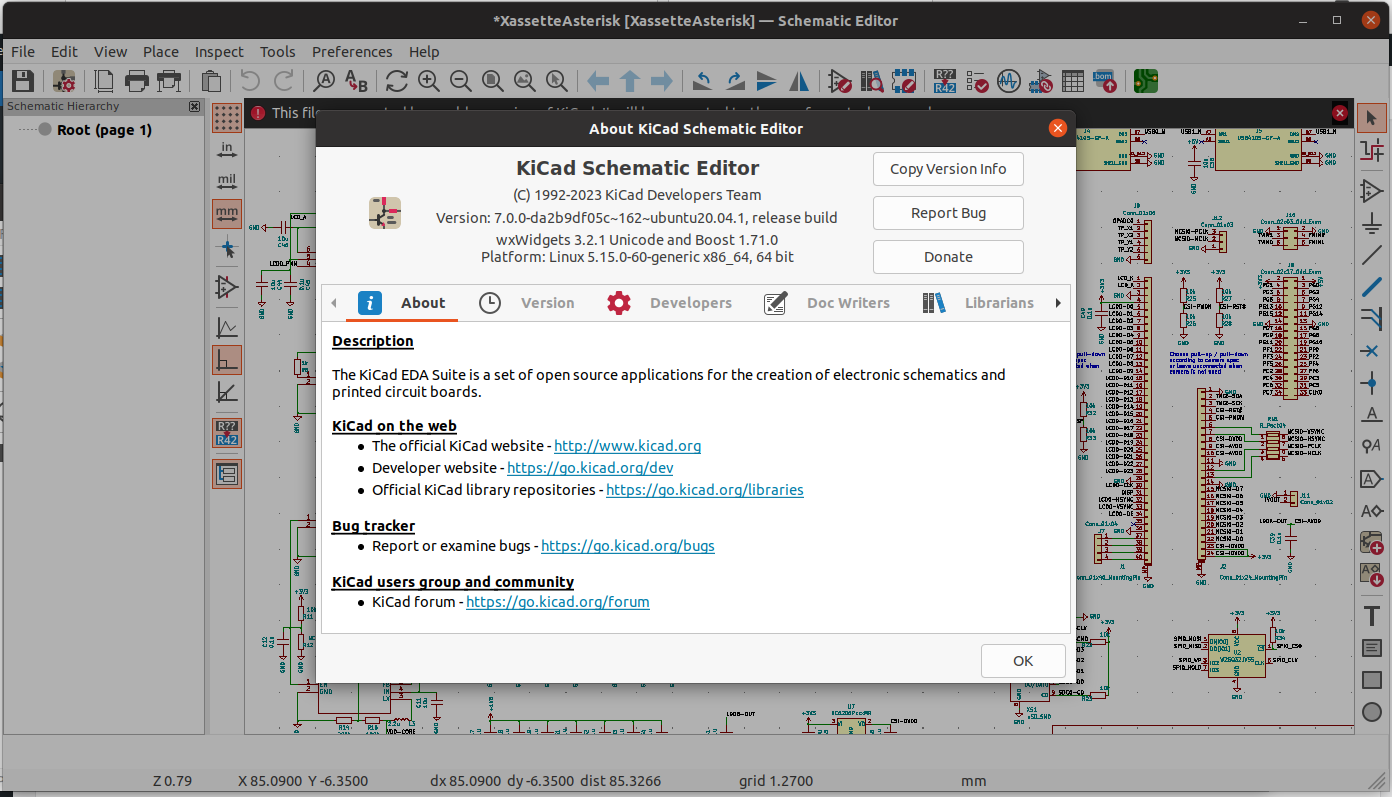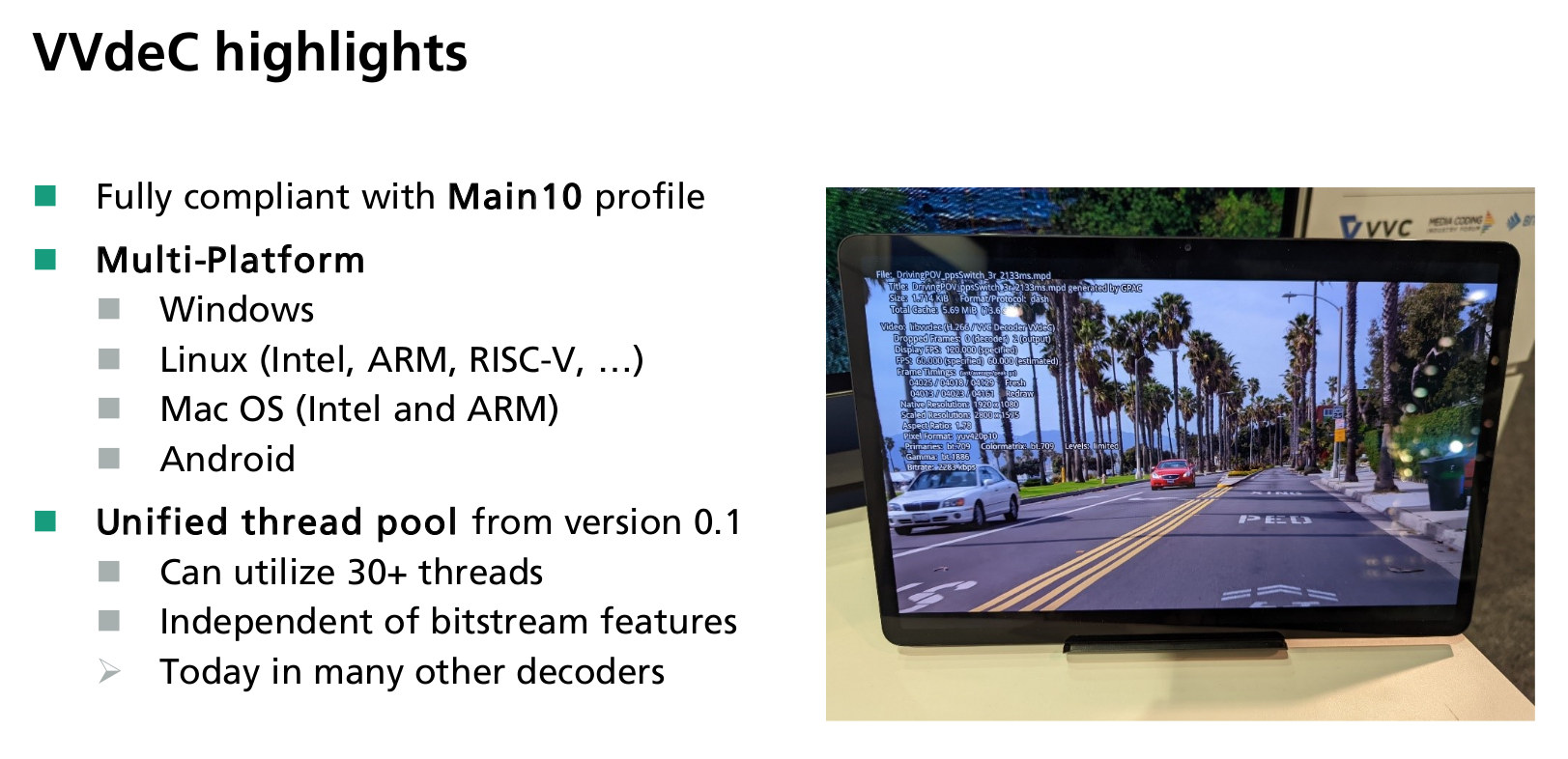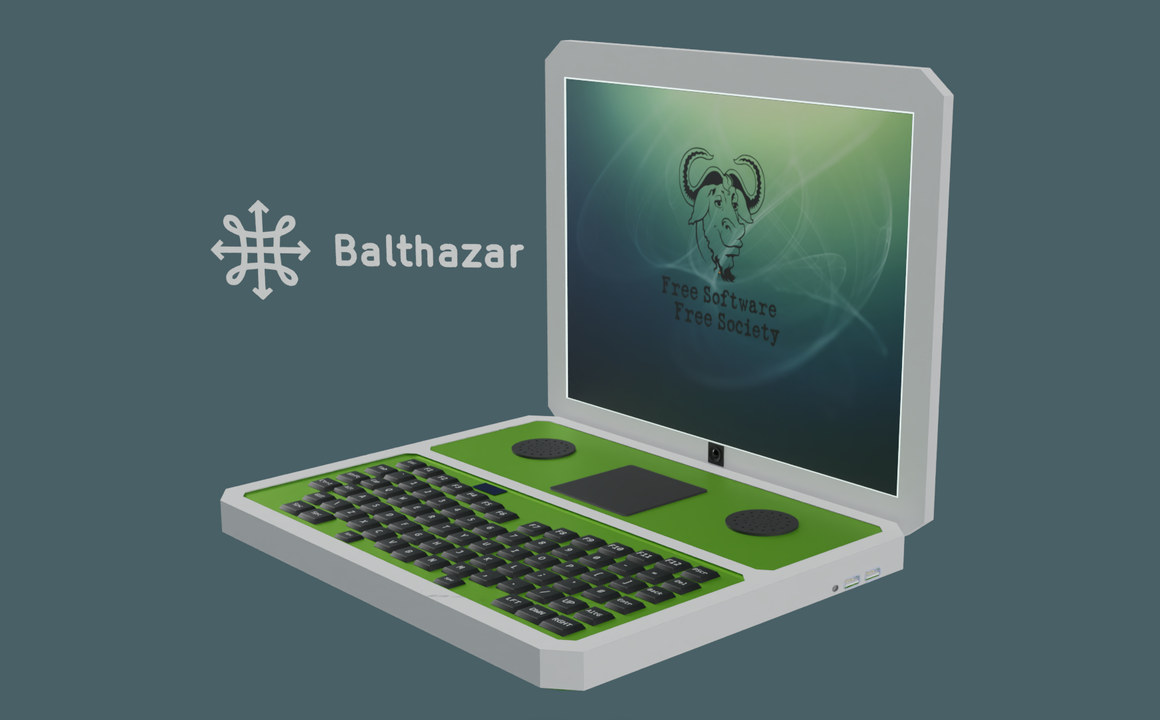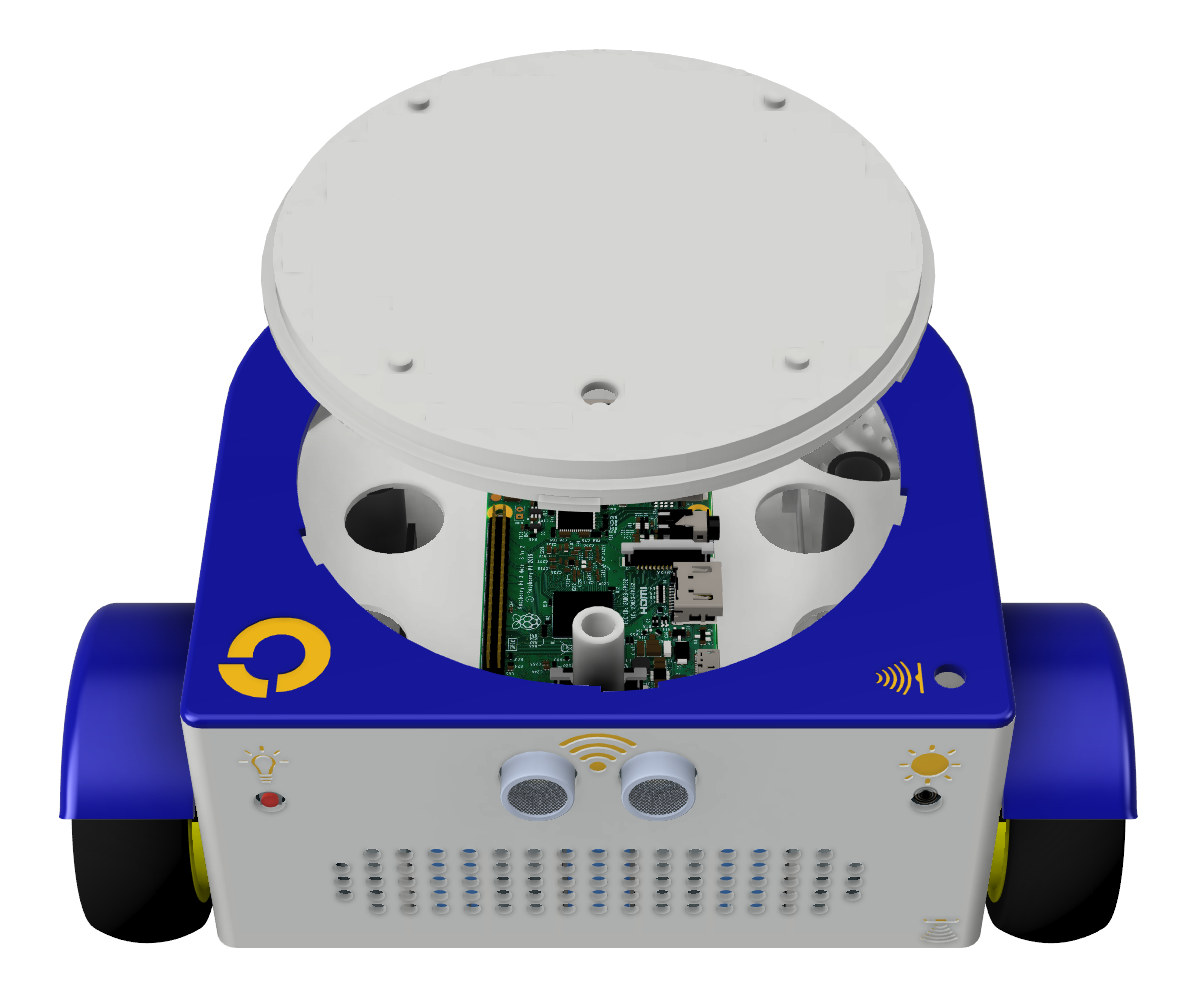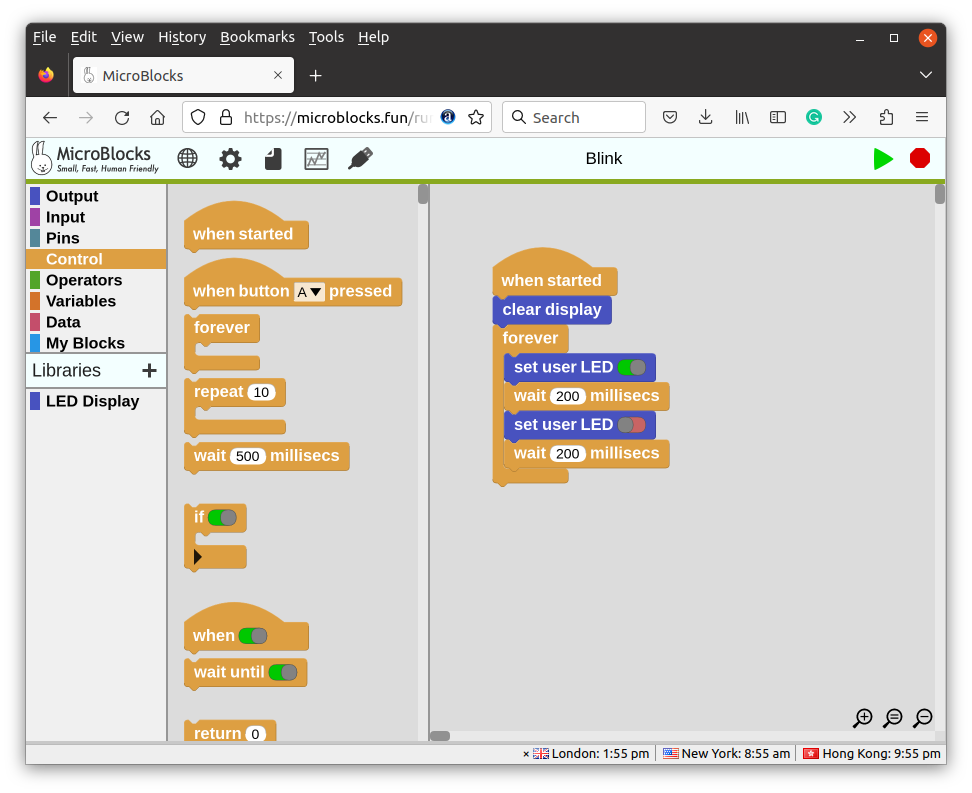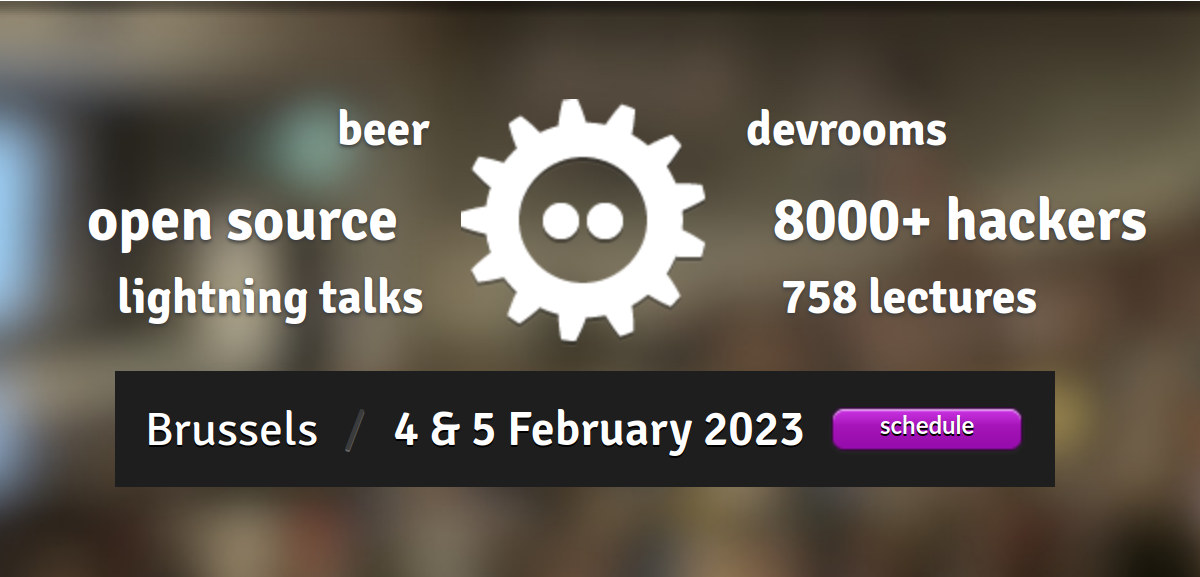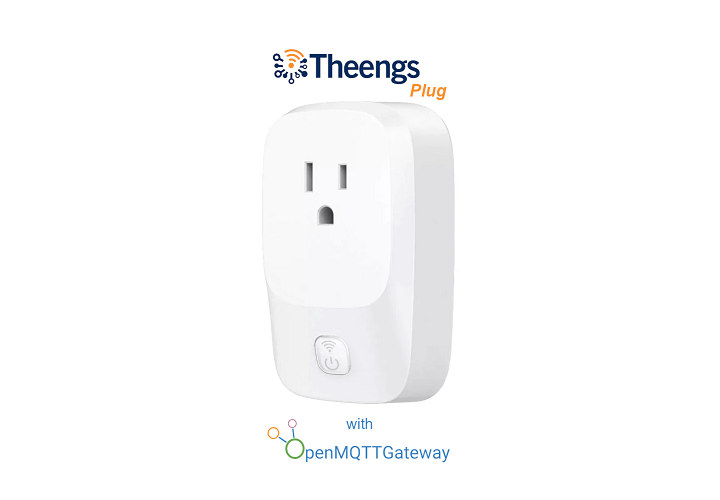I don’t think I’ve ever written about open-source hardware headphones. But that’s precisely what Ploopy offers with an amplifier based on a Raspberry Pi RP2040, a Texas Instruments PCM3060 24-bit DAC, and an amplifier circuit, as well as 3D printed parts and open-source firmware written in C. As we’ll see further below the project is reasonably well documented, and you can either build it from scratch, purchase a fully-assembled kit, or something in the middle. I suppose you could even do some knitting since woven covers are part of the build just in case making your own PCBs and 3D printing parts are not your things. The electronics are comprised of two boards: The Gould amplifier board with the Raspberry Pi RP2040, Texas Instruments PCM3060 24-bit 96/192 kHz DAC, and several TI OPA1688 audio operational amplifiers The Mazzoleni driver flex boards going into the left and right rings with a […]
KiCad 7.0.0 release – Custom fonts, text boxes, SpaceMouse, crash reporting, and much more
KiCad 7.0.0 open-source EDA software has just been released with a range of new features from custom fonts to 3Dconnexion SpaceMouse integration to opt-in Sentry crash reporting, and many more. It took over three years between KiCad 5.0.0 and KiCad 6.0.0 announcements, but only a little over a year for the release of KiCad 7.0.0. Did KiCad developers acquire superhuman abilities or did AI get involved in the development somehow? Most probably not, and instead they change the release schedule to a yearly one, so we should get annual releases of the open-source EDA suite going forward, with KiCad 8.0.0 to be released in Q1 2024. Some notable changes to KiCad 7.0 include: Custom Fonts support is now available in the schematic, PCB, and worksheet editors to allow the use of any system font. Text box support was added in both the schematic and PCB editors. 3Dconnexion SpaceMouse support in […]
VVenC & VVdeC H.266 open source video encoder and decoder work on x86 and Arm
VVenC and VVdeC are open-source software H.266/VCC video encoder and decoder respectively that are optimized to use SIMD instructions on x86 (SSE42/SIMDe and AVX2) and Arm, and the decoder runs on Windows, Linux, macOS, and Android. H.266, aka VCC (Versatile Video Coding) video compression standard was adopted in 2020 promising to reduce data requirements by around 50% compared to the previous H.265/HEVC standard at the same visual quality. H.266 should also outperform the royalty-free AV1 video codec. We hadn’t seen news since the announcement, but this may be changing with the Realtek RTD1319D processor unveiled with support for both 4K H.266 and AV1 video decoding last September, and progress made on the VVenC & VVdeC H.266 open-source software encoder/decoder as been discussed during FOSDEM 2023. The Fraunhofer HHI group has been working on VVdeC and VVenC since the specifications were finalized in 2022. Both are based on VTM reference software […]
Balthazar – An open-source hardware modular RISC-V, Arm, or FPGA laptop
The Balthazar Personal Computing Device (BPCD) is an open-source hardware 13.3-inch laptop with a RISC-V, Arm, or FPGA module and designed to be upgradable, expandable, and sustainable. The developers say the laptop is based on a few concepts inspired by the EOMA68 project. The EOMA68 is a CPU module based on the PCMCIA form factor, and an Allwinner A20 EOMA68 module was showcased in a prototype of the Rhombus Tech 15.6-inch Libre Laptop but I don’t think the project was ever manufactured. Balthazar laptop features: SoM with RISC-V, FPGA, or Arm Cortex-A7x processor plus memory and flash Storage – SATA SSD, eSATA connector, microSD card socket Display – 13.3-inch non-glare display Video Output – HDMI Audio – Speakers, detachable microphone array Camera – Detachable webcam Connectivity – Ethernet, WiFi USB – 2x USB 3.0 ports, Micro USB OTG port, Micro USB port User input Waterproof keyboard with an illuminated track-point […]
FOSSBot open design 3D printed educational robot is made with Raspberry Pi and off-the-shelf parts
FOSSBot is an “open design” 3D printed educational robot comprised of a Raspberry Pi SBC and various off-the-shelf modules, as well as open-source software that can be used for education purposes. The FOSSBot DIY robot has been developed by the Harokopio University of Athens and the Greek Free and Open Source Software (GFOSS) community, and builds upon the “GSOC 2019 – A DIY robot kit for educators” with the main goal being to have a platform to “familiarize teachers with modern education models based on the S.T.E.A.M approach. (Science, Technology, Engineering, Arts, Mathematics)”. FOSSbot key components: SBC – Raspberry Pi Zero W, Raspberry Pi 3, or Raspberry Pi 4. Mechanically and electrically compatible Raspberry Pi alternatives could be an option too although part of the software would have to be modified Storage – 32GB MicroSD card Expansion board – Adafruit Perma-Proto HAT for Pi – No EEPROM to connect sensors […]
MicroBlocks is a visual programming IDE for 32-bit microcontrollers
MicroBlocks is a visual programming IDE for 32-bit microcontrollers currently supporting the BBC Micro:bit V1/V2, Calliope mini (aka the German Micro:bit), Adafruit Circuit Playground Express and Bluefruit, Raspberry Pi Pico and Pico W, and various other boards including ESP32 and ESP8266-based boards. I discovered MicroBlocks in the list of talks for FOSDEM 2023, and although it did not make it to my virtual schedule, I thought it was interesting to look into and write about it. In their upcoming FOSDEM talk, Bernat Romagosa and Kathy Giori refer to MicroBlocks as small, fast, and human-friendly with development guided by four guiding principles: liveness, parallelism, portability, and autonomy. The IDE is inspired by Scratch, and as such, looks very similar to other visual programming interfaces I have used over the years. You can launch MicroBlocks from Google Chrome or Microsoft Edge on a PC (not a mobile device) without having to install […]
FOSDEM 2023 schedule – Open-source Embedded, Mobile, IoT, Arm, RISC-V, etc… projects
After two years of taking place exclusively online, FOSDEM 2023 is back in Brussels, Belgium with thousands expected to attend the 2023 version of the “Free and Open Source Developers’ European Meeting” both onsite and online. FOSDEM 2023 will take place on February 4-5 with 776 speakers, 762 events, and 63 tracks. As usual, I’ve made my own little virtual schedule below mostly with sessions from the Embedded, Mobile and Automotive devroom, but also other devrooms including “Open Media”, “FOSS Educational Programming Languages devroom”, “RISC-V”, and others. FOSDEM Day 1 – Saturday February 4, 2023 10:30 – 10:55 – GStreamer State of the Union 2023 by Olivier Crête GStreamer is a popular multimedia framework making it possible to create a large variety of applications dealing with audio and video. Since the last FOSDEM, it has received a lot of new features: its RTP & WebRTC stack has greatly improved, Rust […]
ESP32 OpenMQTTGateway smart plug acts as an BLE MQTT gateway and a power meter
The Theengs Plug ESP32 smart plug runs OpenMQTTGateway firmware to serve as a BLE MQTT gateway and power meter compatible with Home Assistant, Homebridge, OpenHAB, DomoticZ, FHEM, Jeedom, NodeRed, AWS, and any MQTT-compatible IoT or Smart Home system. While the Matter standard should improve interoperability between Smart Home frameworks over time, there are still millions of devices already produced that are not Matter compatible, and the Theengs Plug aims to at least partially address this issue by helping users reduce the number of hubs required and have only one that supports different ecosystems. Theengs Plug hardware specifications: Microcontroller – ESP32 dual-core wireless MCU with 2.4 GHz WiFi and Bluetooth LE connectivity Network Protocol – MQTT Power Supply – 100-120VAC, 60Hz, up to 15A Dimensions – 103 x 61 x 34.6mm Temperature Range – Operating: 0ºC ~ 40ºC; storage: -10°C ~ 50°C Humidity – 0%~95% (no condensation) Certification – UL Some […]


